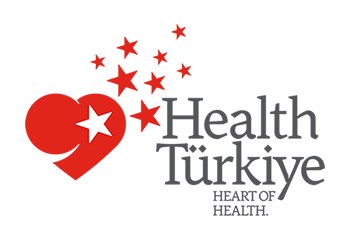Liver Tests
Whether the liver is functioning properly can be determined through a series of specialized blood tests. These tests can also help distinguish between acute and chronic liver diseases, as well as between hepatitis and cholestasis (bile duct obstruction).
The most commonly performed blood tests include:
- Serum Bilirubin
High bilirubin levels generally indicate an obstruction in bile flow or a problem with the liver’s ability to process bile. Bilirubin is produced by the liver and excreted in bile. - Serum Albumin
Albumin is a protein produced by the liver, and low levels are associated with many chronic liver diseases and cirrhosis.
Liver Transplant Blood Tests
- Serum Alkaline Phosphatase
High levels of alkaline phosphatase (an enzyme found in bile) usually indicate a blockage in bile flow, liver damage, or certain cancers. - Serum Aminotransferases (Transaminases, SGOT, SGPT)
These enzymes are released from damaged liver cells and include ALT (SGPT) and AST (SGOT). Their levels, especially ALT, increase in hepatitis. - Prothrombin Time (PT)
This test measures how long it takes for blood to clot. For proper clotting, vitamin K and a protein (prothrombin) produced by the liver are required. Liver cell damage or bile flow obstruction can impair normal blood clotting. - Gamma-glutamyl Transpeptidase (GGT)
This enzyme enters the bloodstream when the liver is damaged, particularly due to alcohol consumption, or in cases of bile duct obstruction. - Alpha-fetoprotein (AFP)
This protein is produced by the fetal liver and testes and may indicate hepatitis or liver cancer. - Mitochondrial Antibodies (AMA)
The presence of these antibodies may suggest primary biliary cirrhosis, chronic active hepatitis, or other autoimmune disorders.
Viral Tests
- HAV IgM, HEV IgM – Detects active infection caused by Hepatitis A and E viruses
- HCV-Ab – Indicates exposure to or infection with the Hepatitis C virus
- HCV-RNA – Determines the actual presence of the Hepatitis C virus
- HBsAg, HBeAg, HBV DNA – Detects infection with the Hepatitis B virus (HBV)
- Anti-HBs – Indicates strong immunity against HBV infection





